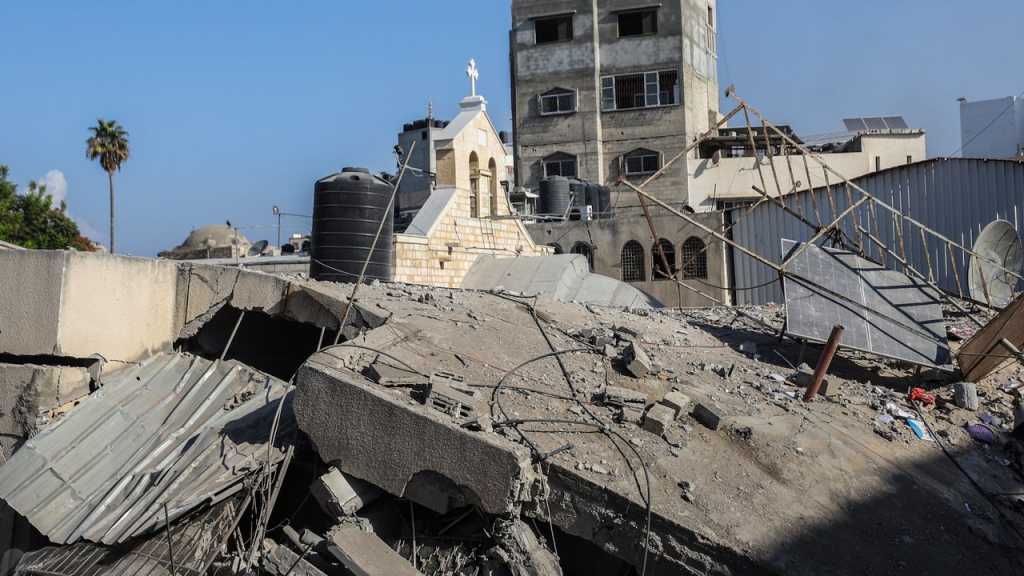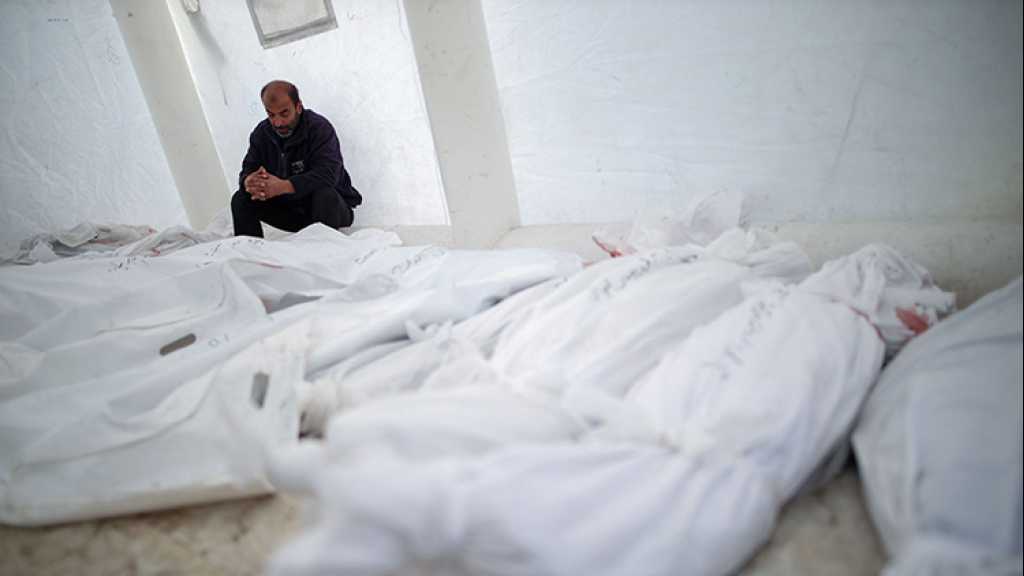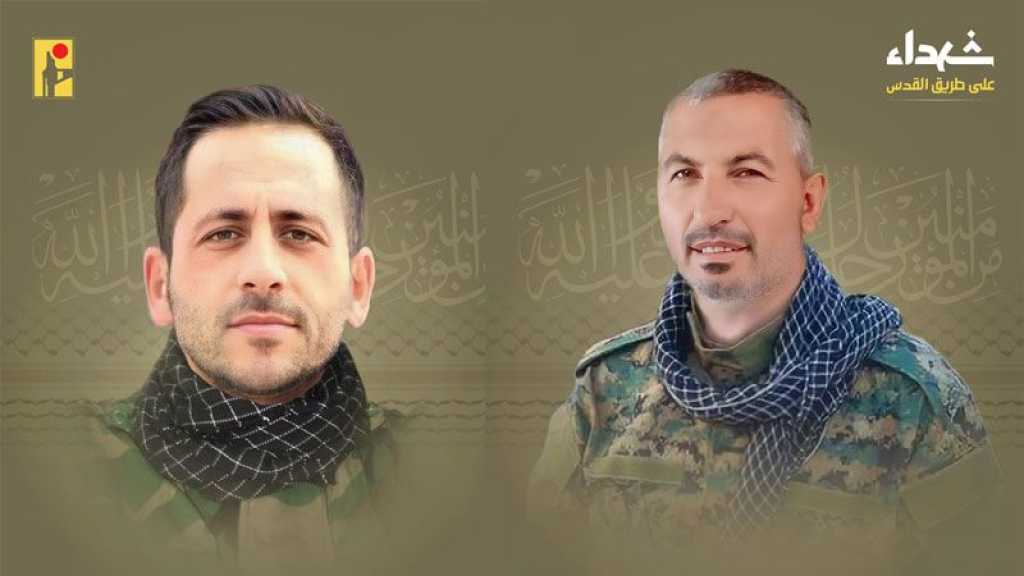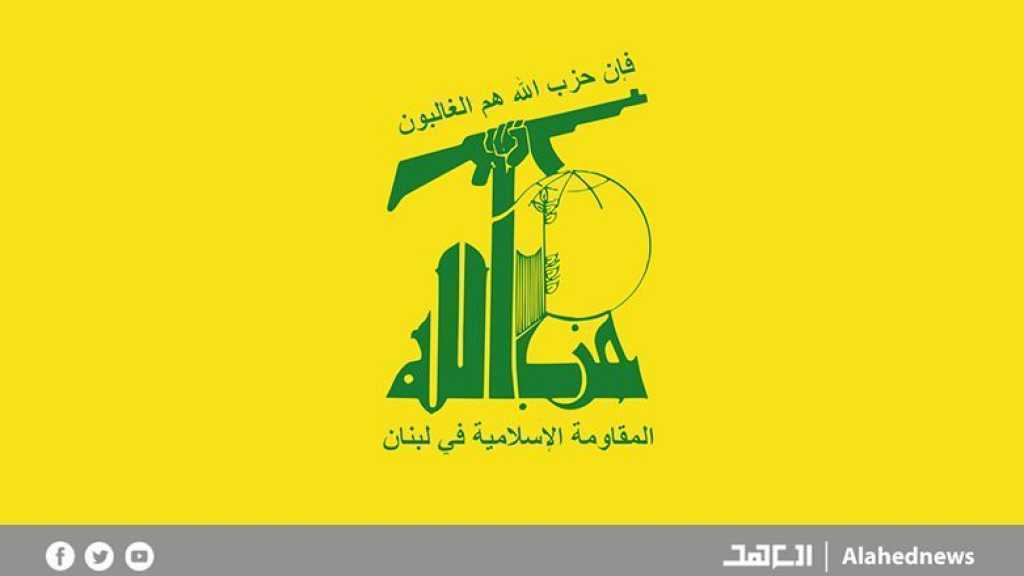
Saudi’s Aggressiveness: Expelling Canadian Envoy, Recalling its Own
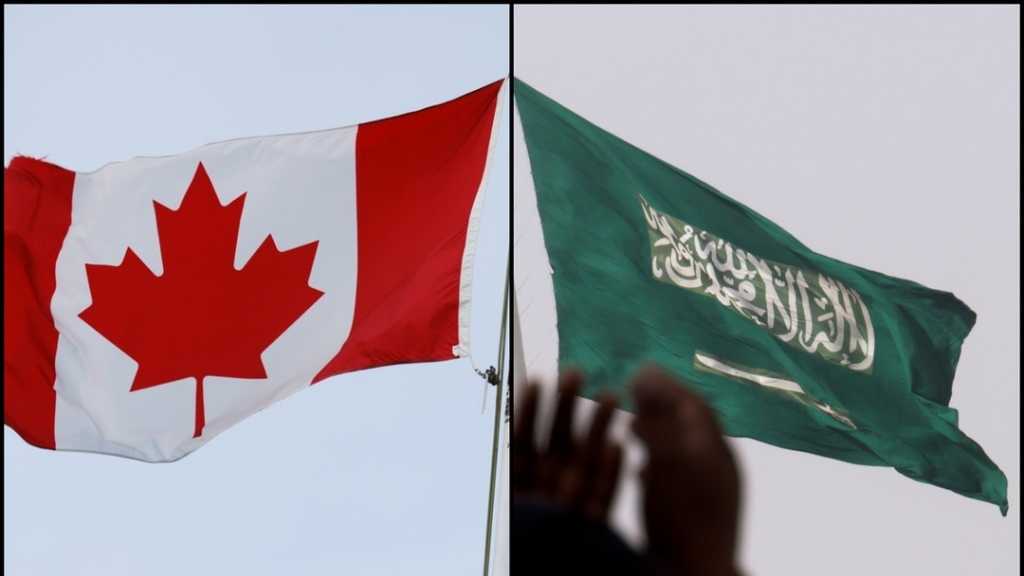
Local Editor
Saudi Arabia froze new trade and investment with Canada and expelled the Canadian ambassador, in a stern gesture of retaliation after Ottawa urged it to free arrested civil society activists.
The kingdom gave envoy Dennis Horak 24 hours to leave the country, in an abrupt break in relations over what it slammed as “interference” in its internal affairs.
Ottawa said it was “seriously concerned” and was seeking “greater clarity” on the shock move, which was announced on Twitter by the Saudi Foreign Ministry.
The rupture, which underscores a newly aggressive foreign policy led by Crown Prince Mohammad bin Salman, comes after Canada denounced a new crackdown on human rights activists.
“The kingdom announces that it is recalling its ambassador to Canada for consultation.
“We consider the Canadian ambassador to the kingdom persona non grata and order him to leave within the next 24 hours,” the Saudi Foreign Ministry tweeted.
The announcement, carried on the official Saudi Press Agency, caught diplomats in Riyadh off guard. Both the Saudi and Canadian ambassadors were away on leave when it was made.
Saudi state airline Saudia said in a statement it was suspending flights to and from Toronto.
The ministry also announced “the freezing of all new trade and investment transactions with Canada while retaining its right to take further action.”
It was not immediately clear what effect, if any, the ban on new trade would have on existing annual Saudi-Canadian trade of nearly $4 billion and on a $13 billion defense contract.
Saudi-Canadian trade consists largely of Saudi exports of petrochemicals, plastics and other products. In 2014, the Canadian unit of U.S. weapons-maker General Dynamics Corp. won a contract worth up to $13 billion to build light-armored vehicles for Saudi Arabia, in what Ottawa said was the largest advanced manufacturing export win in Canadian history.
The kingdom will also suspend educational exchange programs with Canada and move Saudi scholarship recipients to other countries, Saudi-owned Al Arabiya reported Monday.
Neighbors and allies Bahrain and the UAE said they stood with Riyadh, but did not announce similar measures.
Saudi Foreign Minister Adel al-Jubeir said Riyadh “refuses all interference in its affairs and will deal with any interference decisively,” dismissing Canada’s position as “built on misleading information,” in a statement carried by the official Al Ekhbariya TV.
Canada last week said it was “gravely concerned” over a new wave of arrests of women and human rights campaigners in the kingdom, including award-winning gender rights activist Samar Badawi. “We urge the Saudi authorities to immediately release them and all other peaceful #humanrights activists,” the Canadian Foreign Ministry tweeted Friday.
Canada doubled down Monday, with Foreign Ministry spokeswoman Marie-Pier Baril saying: “Canada will always stand up for the protection of human rights, very much including women’s rights, and freedom of expression around the world.”
Samar was arrested along with fellow campaigner Nassima al-Sadah last week, the latest victims of what Human Rights Watch called an “unprecedented government crackdown on the women’s rights movement.” Samar’s brother, blogger Raif Badawi, was arrested in 2012 and sentenced to 1,000 lashes and 10 years in prison.
In April, Canadian Prime Minister Justin Trudeau expressed his “serious concern” over the continued jailing of Raif Badawi to Saudi King Salman. Raif Badawi’s wife has been granted asylum by Canada.
“It is now time for other governments to join Canada in increasing the pressure on Saudi Arabia to release all prisoners of conscience immediately and unconditionally,” said Samah Hadid, Amnesty International’s Middle East campaigns director. But Riyadh’s singling out of Canada is aimed at strongly discouraging other critical Western governments from speaking out, observers say.
Source: News Agencies, Edited by website team
